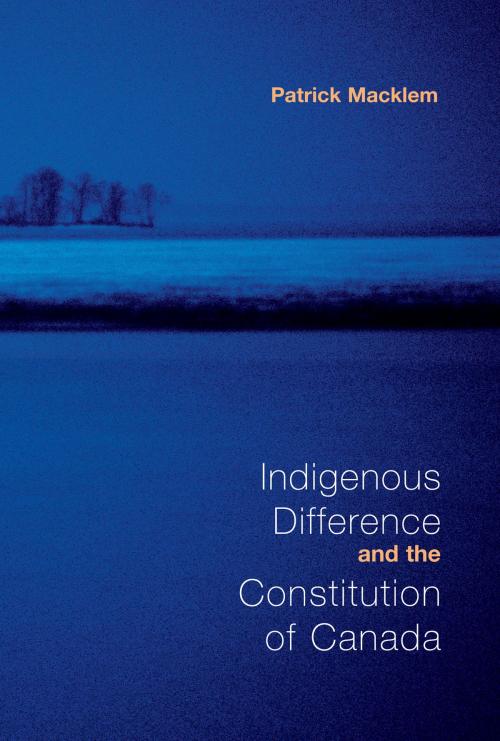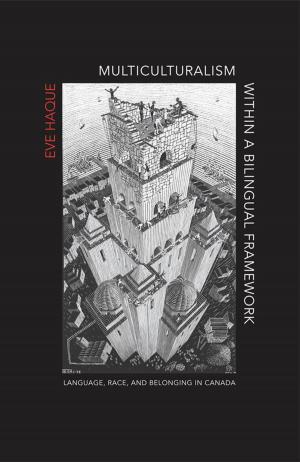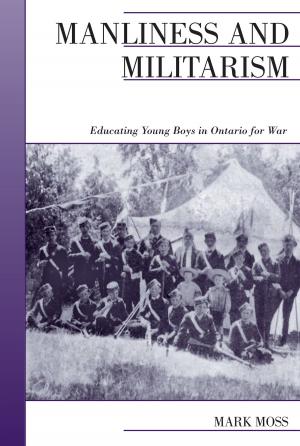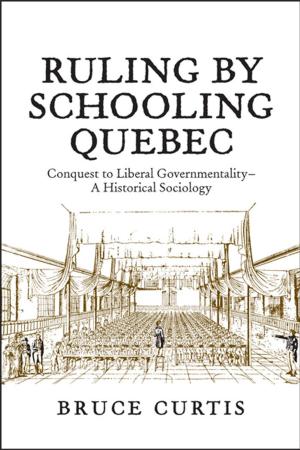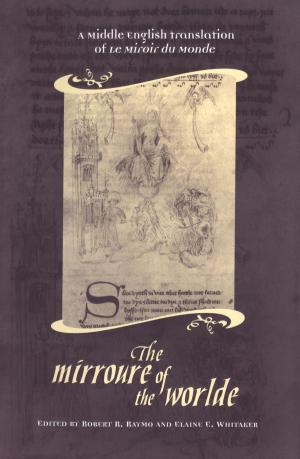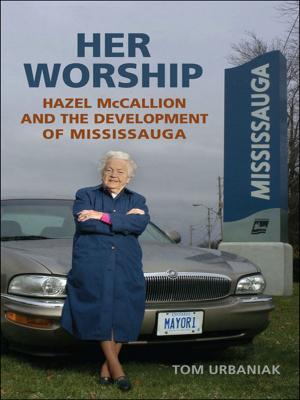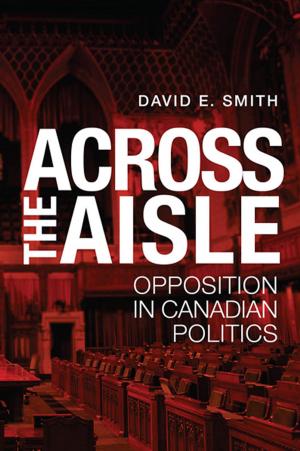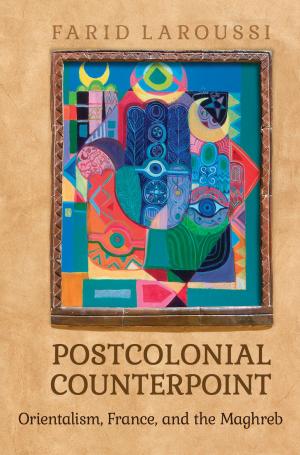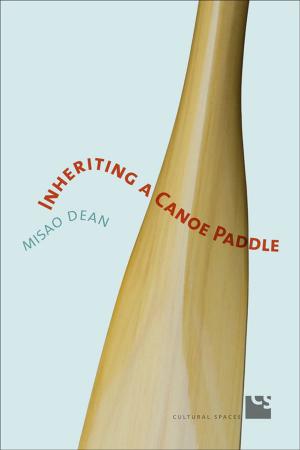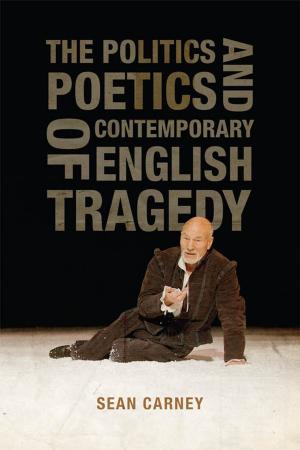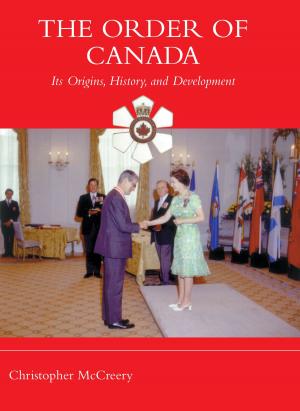Indigenous Difference and the Constitution of Canada
Nonfiction, Reference & Language, Law, Constitutional, Social & Cultural Studies, Social Science, Cultural Studies, Native American Studies| Author: | Patrick Macklem | ISBN: | 9781442658806 |
| Publisher: | University of Toronto Press, Scholarly Publishing Division | Publication: | December 15, 2001 |
| Imprint: | Language: | English |
| Author: | Patrick Macklem |
| ISBN: | 9781442658806 |
| Publisher: | University of Toronto Press, Scholarly Publishing Division |
| Publication: | December 15, 2001 |
| Imprint: | |
| Language: | English |
There is a unique constitutional relationship between Aboriginal people and the Canadian state – a relationship that does not exist between other Canadians and the state. It's from this central premise that Patrick Macklem builds his argument in this outstanding and significant work.
Why does this special relationship exist? What does it entail in terms of Canadian constitutional order? There are, Macklem argues, four complex social facts that lie at the heart of the relationship. First, Aboriginal people belong to distinctive cultures that were and continue to be threatened by non-Aboriginal beliefs, philosophies, and ways of life. Second, prior to European contact, Aboriginal people lived in and occupied North America. Third, prior to European contact, Aboriginal people not only occupied North America; they exercised sovereign authority over persons and territory. Fourth, Aboriginal people participated in and continue to participate in a treaty process with the Crown. Together, these four social conditions are exclusive to the Aboriginal people of North America and constitute what Macklem refers to as indigenous difference.
Exploring the constitutional significance of indigenous difference in light of the challenges it poses to the ideal of equal citizenship, Macklem engages an interdisciplinary methodology that treats constitutional law as an enterprise that actively distributes power, primarily in the form of rights and jurisdiction, among a variety of legal actors, including individuals, groups, institutions, and governments. On this account, constitutional law refers to an ongoing project of aspiring to distributive justice, disciplined but not determined by text, structure, or precedent. Far from threatening equality, constitutional protection of indigenous difference promotes equal and therefore just distributions of constitutional power.
The book details constitutional rights to Aboriginal people that protect interests associated with culture, territory, sovereignty, and the treaty process, and explores the circumstances in which these rights can be interfered with by the Canadian state. It also examines the relation between these rights and the Canadian Charter of Rights and Feedoms, and proposes extensive reform of existing treaty processes in order to protect and promote their exercise.
Macklem's book offers a challenge to traditional understandings of the constitutional status of indigenous peoples, relevant not only to Canadian debates but also to those in other parts of the world where indigenous peoples are asserting greater autonomy over their collective futures.
There is a unique constitutional relationship between Aboriginal people and the Canadian state – a relationship that does not exist between other Canadians and the state. It's from this central premise that Patrick Macklem builds his argument in this outstanding and significant work.
Why does this special relationship exist? What does it entail in terms of Canadian constitutional order? There are, Macklem argues, four complex social facts that lie at the heart of the relationship. First, Aboriginal people belong to distinctive cultures that were and continue to be threatened by non-Aboriginal beliefs, philosophies, and ways of life. Second, prior to European contact, Aboriginal people lived in and occupied North America. Third, prior to European contact, Aboriginal people not only occupied North America; they exercised sovereign authority over persons and territory. Fourth, Aboriginal people participated in and continue to participate in a treaty process with the Crown. Together, these four social conditions are exclusive to the Aboriginal people of North America and constitute what Macklem refers to as indigenous difference.
Exploring the constitutional significance of indigenous difference in light of the challenges it poses to the ideal of equal citizenship, Macklem engages an interdisciplinary methodology that treats constitutional law as an enterprise that actively distributes power, primarily in the form of rights and jurisdiction, among a variety of legal actors, including individuals, groups, institutions, and governments. On this account, constitutional law refers to an ongoing project of aspiring to distributive justice, disciplined but not determined by text, structure, or precedent. Far from threatening equality, constitutional protection of indigenous difference promotes equal and therefore just distributions of constitutional power.
The book details constitutional rights to Aboriginal people that protect interests associated with culture, territory, sovereignty, and the treaty process, and explores the circumstances in which these rights can be interfered with by the Canadian state. It also examines the relation between these rights and the Canadian Charter of Rights and Feedoms, and proposes extensive reform of existing treaty processes in order to protect and promote their exercise.
Macklem's book offers a challenge to traditional understandings of the constitutional status of indigenous peoples, relevant not only to Canadian debates but also to those in other parts of the world where indigenous peoples are asserting greater autonomy over their collective futures.
